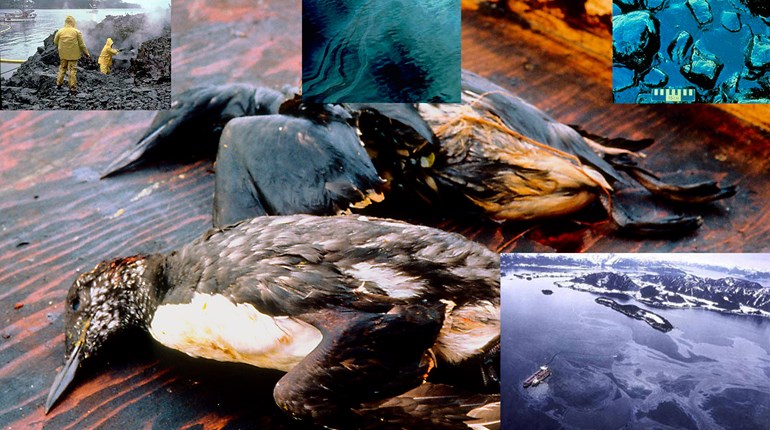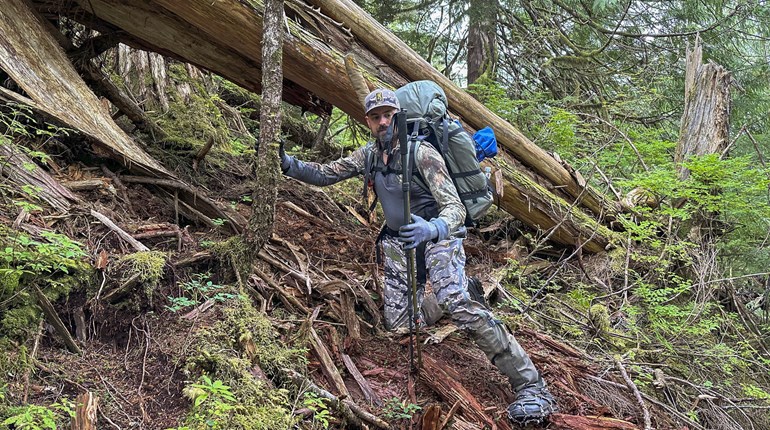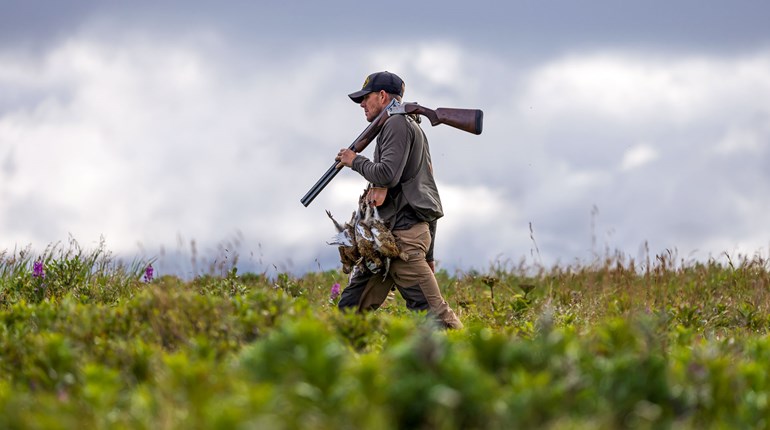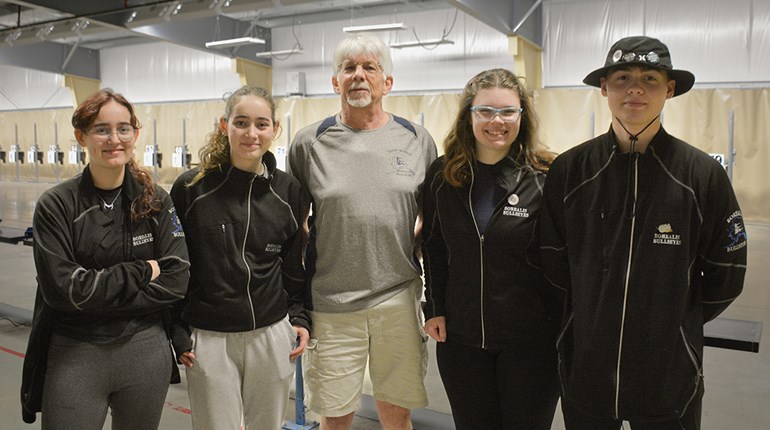
Not all the charms of America’s slice of the “Land of the Midnight Sun” are of Denali scale. We had three days to prowl Juneau not too long ago, and amid a chance to sup with some bears—inadvertently, but really—ride the Mount Roberts Tramway (classic “touristy,” but still spectacular), and spot our share of whales and dolphins, we discovered the unexpected jewel that is Juneau Mercantile and Armory.
Operative world there is definitely “Armory,” and we were lucky enough to get the whole story from managing partner Jason Tarver. Dad, husband, firefighter and “official” Sourdough (20 years in Alaska, as recognized by the state), he gave us a tour and the fascinating rundown on home grown firearms tourism, Alaska style.
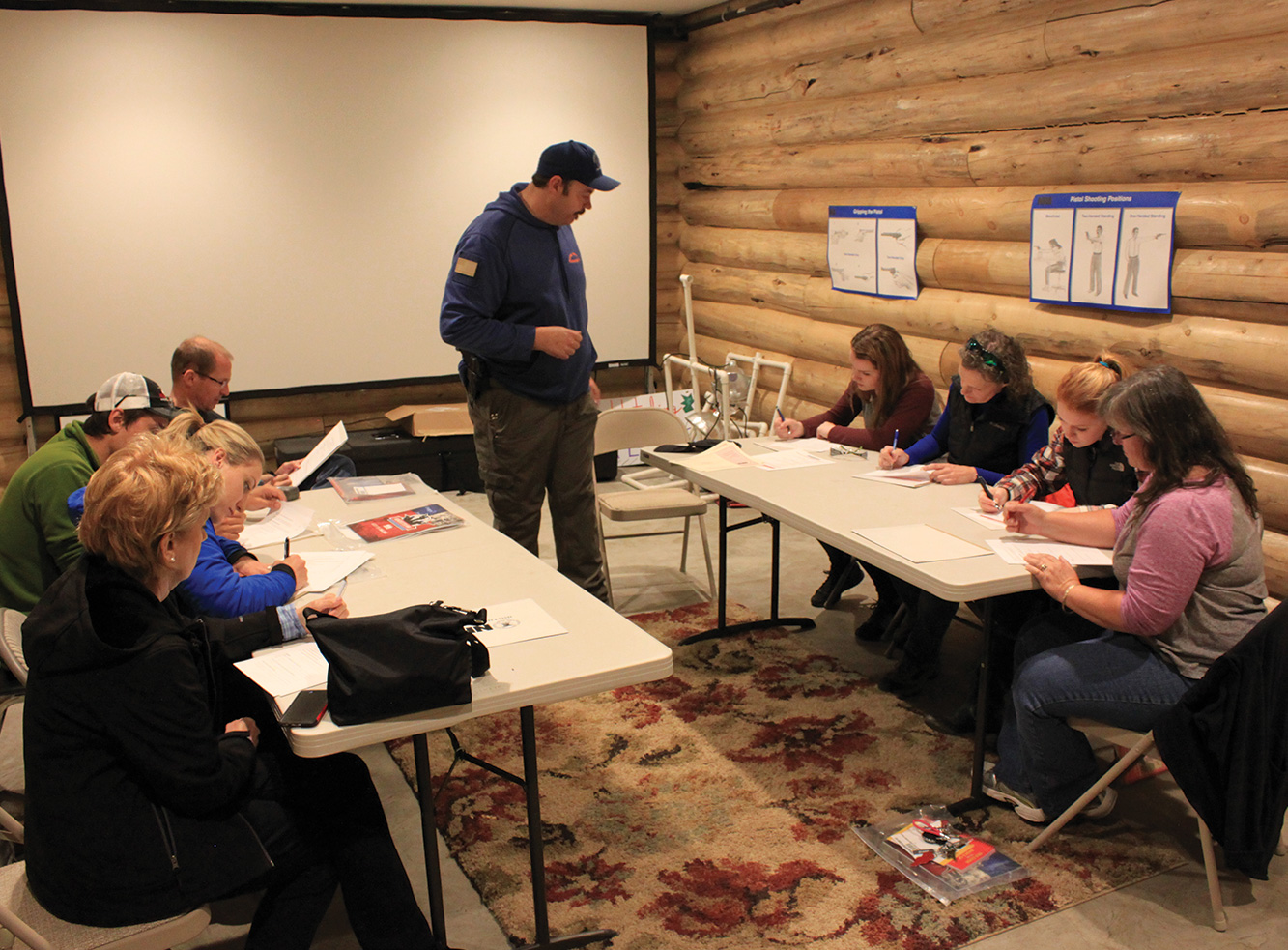
A1F Daily: We suspect it isn’t possible that there’s a “brief” version of how you got to the Juneau Mercantile and Armory part of your life, but please try?
Jason Tarver: <<Laughing>> That’s true; it’s a long way from Mom and Dad and my five brothers growing up north of Phoenix. In that part of my life, we shot for fun, but not very often. Shooting was more of the hunting type, and it was “put meat on the table” serious business with all those growing or already big kids to feed. About the time the folks had given up on a girl was when it occurred to them and the older sons that the calorie problem had a bird-, deer- and elk-shooting solution. We all grew up knowing how to hunt.
When I was a kid, there was plenty of elbow room in that part of Arizona, and all our time afield really made me appreciate it. But by the time I graduated from high school, things were filling in too much for my tastes. I did a tour with Up With People, which got me around the U.S., Canada and even to Europe, which was great. I spent 10 months in a kibbutz in Israel and traveled other places in the Middle East. I liked them all in different ways—even three months kind of “hippie” style in Hawaii. But when I got to Alaska, I knew I’d found what I was looking for. It’s almost corny, but still true: Plenty of room and opportunity—all it was going to take was hard work.
Juneau Mercantile and Armory came into being after some time in the construction trades and five or six seasons guiding in various parts of the state. I got interested in emergency medicine so I could be better prepared while guiding, and those two things eventually landed me where I am—full-time firefighting (15 years now), but also running the Mercantile when the firehouse doesn’t need me. I have good partners in the Mercantile (Dan Miller, a construction genius who built our building, and Trevor Richards, a fellow firefighter and paramedic), and that means the burden isn’t too great for any one of us.
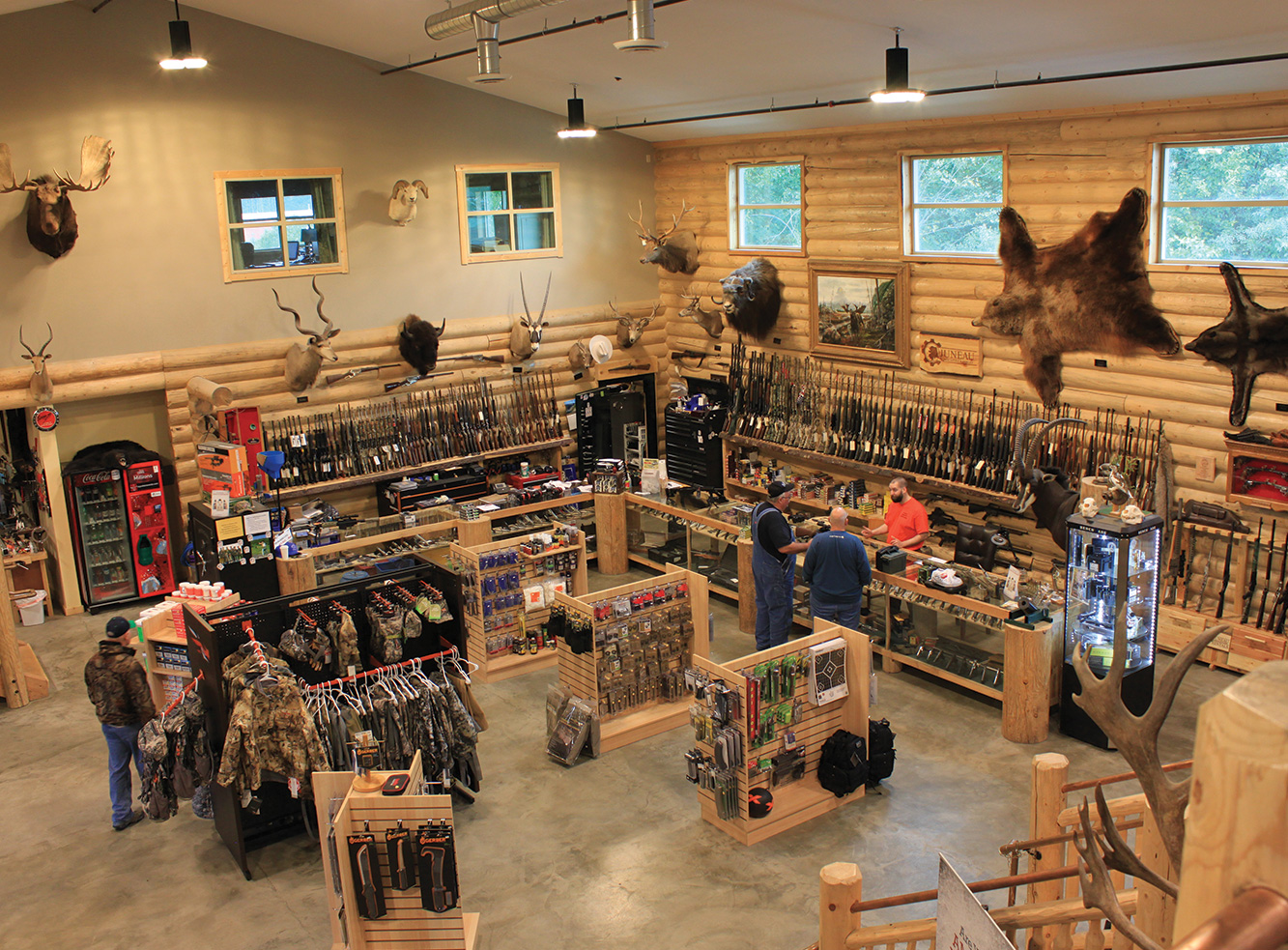
A1FD: Are we correct in thinking there was a special niche you believed the Juneau Mercantile & Armory could fill?
JT: Yes, we did, though it may be an unusual one. Or maybe three is more accurate; we just put them together into one. First was the observation that there wasn’t really much in all of southeast Alaska that fit in between very small, family-type operations, and “big-box,” or internet providers of firearms and accessories. There were FFLs around who could handle the requirements of internet commerce, but we saw a chance to edge toward fuller customer service by having stock on hand. Folks could look at the gear they were considering rather than take chances on shipping it—to Alaska, after all—and other costs on something they might not be that sure about. In September, we’ll also be adding a certified gunsmith—again, the only one we know of in southeast Alaska.
Another need we saw was for training. There are lots of places to shoot in Alaska, but that shooting centers around hunting-type firearms and related skills. If you’re interested in something else, choices are slimmer. We also found a lot of folks wanted a place to be instructed in new or different skills, or to teach their families, that didn’t depend on the weather. That meant an indoor range. Ours is the entire basement of our building—5,000 square feet divided between firearms and archery.
Last was our belief in what now has a name, “firearms tourism.” Juneau sees right around 1 million visitors a year, and we thought there was a good chance many of those folks either didn’t or couldn’t own or shoot a firearm where they lived, or at least not without a huge administrative or legal burden.
Marketing this has turned out to be tricky. We go to a lot of trouble to keep folks safe in the range no matter what their experience level is, but if you’ve never been around firearms, you have no idea what “good” safety or “bad” safety even looks like. That’s hard to get across sometimes, especially if there is a language barrier to deal with. So that’s a hurdle—people are interested, but want to be sure it’s safe.
If folks actually come out, they almost always shoot, though. It helps that we have a clean, modern facility, but once customers understand we have a trained RSO (range safety officer) present who “runs” the shooting at a level that’s appropriate for each customer, they usually want to try something. How that part of the experience works and just how safe it actually is has been harder than we expected to get out there.
One thing that we didn’t count on at all may be helping quite a bit: Crew members. A huge percentage of those million people arrive here on cruise ships, and a surprisingly high number of crew members from those ships like to come out and shoot with us. The bulk of the rest are split fairly evenly between Americans who just want to shoot (even though they can probably do it at home) and Europeans and those from the Far East who can’t do it at all at home. We think this last group will probably grow the most steadily in the coming years.
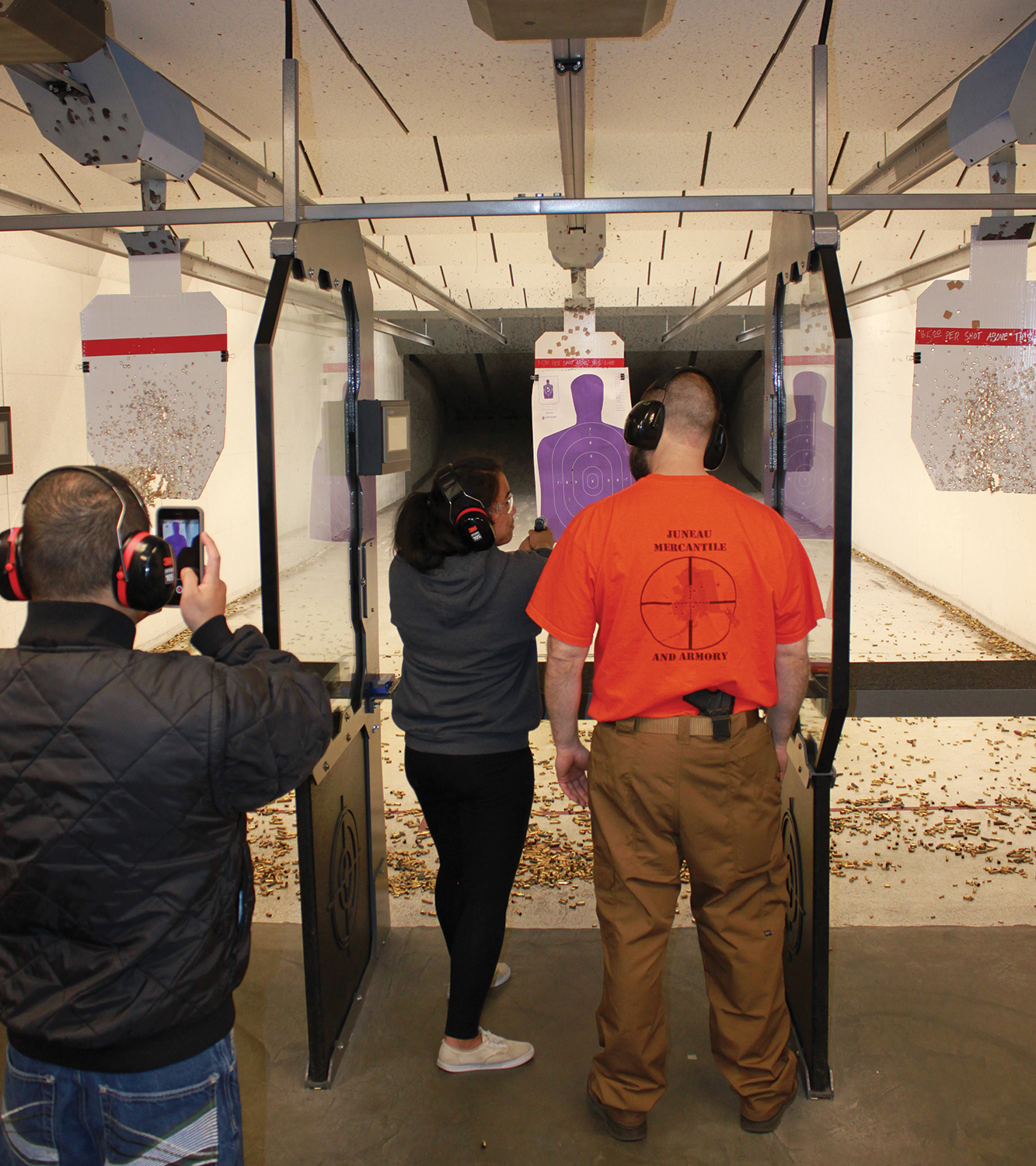
A1F: We’ll bet renting firearms up to Class III doesn’t hurt either.
JT: <<Laughing>> That was another thing we committed to right from the beginning. Suppressors and machine guns have a lot of appeal based on their frequent appearance in movies and television, but when it comes right down to it, very few people know much about them that is actually true. No recoil, never-ending ammo; that sort of baloney.
Part of the appeal here is that these are tough for the regular person to own unless they’re a very dedicated collector. They’re expensive to shoot just in terms of ammo, and of course, they have to be maintained. That can also get expensive in a hurry, and buying them in the first place is a big-money proposition.
We have a mix of vintage and modern, and I’d say they are equally popular. But we also have a couple that are quite unusual, the most so is probably our FN Browning Automatic Rifle (a John Browning-designed, box magazine fed .30-06 machine gun). Not much else compares. But who wouldn’t want to shoot the Thompson or our Uzi if they had a chance, too?
A1F: Nobody we know, at any rate! Do you get a lot of different responses to the machine gun experience? We always do this around other gun folks, or at least it seems that way. We suspect your customers are a lot more varied?
JT: You mean besides the instant smiles?
A1F: Um. Yeah. Dumb question. Well, thanks, Jason. Keep us up to speed on how things are going there at JMA.
JT: Sure, and we will. We’ll look forward to seeing you next time you’re up this way. Already scheduled, right?
A1F: Wise guy. <<Tarver laughing>>
Frank Winn has been studying arms and their relationship to tyranny, meaningful liberty and personal security all his adult life. He has been a firearms safety/shooting instructor for more than 20 years, and earned state, regional and national titles in several competitive disciplines.












